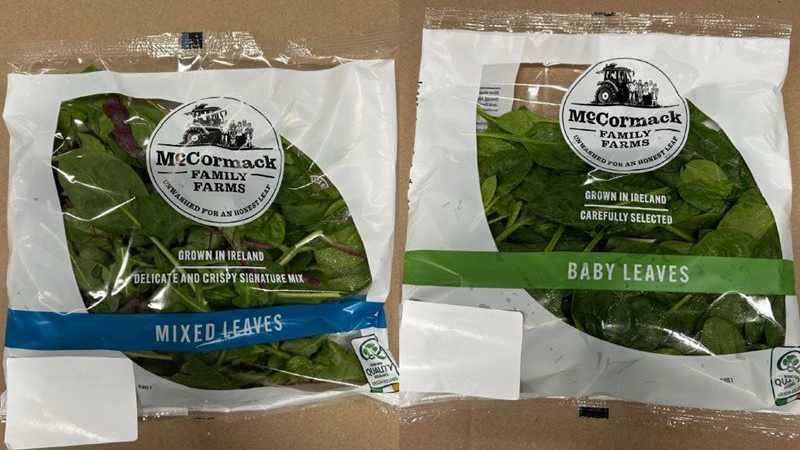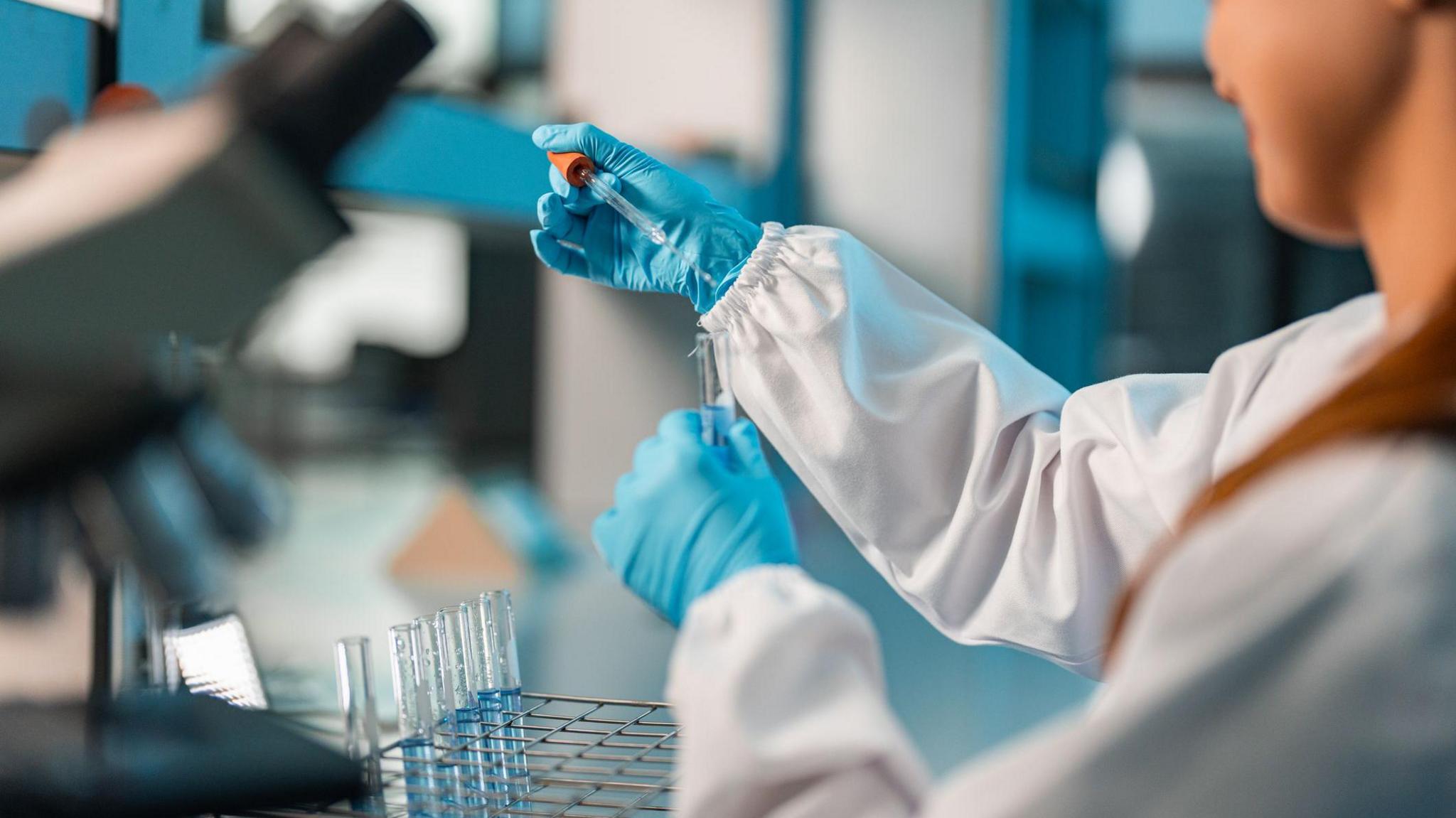Food supplier resumes operations after listeria outbreak

Fish pie was one of the products produced at the factory which was contaminated
- Published
A food company in the Republic of Ireland which had suspended all production following an outbreak of listeriosis is set to resume operations.
Products made at Ballymaguire Foods, based in Dublin, are set to return to retail shelves from 12 August.
Hundreds of ready-made products were removed from supermarkets north and south of the border in a "full precautionary recall".
The company, which supplies major supermarkets such as Tesco and Lidl, said it has "implemented protocols that go beyond best practice" ahead of resuming operations.

Pasta, fish pie and lasagne ready meals are produced by Ballymaguire foods in Dublin
Ballymaguire Foods has now received approval from the National Environmental Health Service of the Health Service Executive (HSE) to recommence production.
In a statement from the firm, a spokesperson said: "In response to this incident, Ballymaguire Foods has implemented protocols that go beyond best practice, fully align with regulatory standards, and set a benchmark that exceeds industry norms."
The recalled food, external included ready meals such as chicken curry, lasagne, bolognese, pasta bakes, cottage pies, and chow mein dishes.
Affected side dishes included ready-made mashed potatoes, carrots and peas, green cabbage and pilau rice.
Consumers were warned not to eat these as they may be contaminated with the bacteria listeria monocytogenes.
A small number of products were also distributed and recalled from Tesco stores in Northern Ireland.
What is listeria?
Listeria infection is an illness caused by bacteria that can spread through food.
Another name for the illness is listeriosis.
It can be very serious for pregnant women, babies, people over the age of 65 and those with weakened immune systems.
Symptoms of listeria monocytogenes infection can include mild flu-like symptoms or gastrointestinal symptoms such as nausea, vomiting, and diarrhoea.
In rare cases, the infection can become more severe, leading to serious complications.
The incubation period (the time between initial infection and the first appearance of symptoms) averages about three weeks, but can range from three to 70 days.
Related topics
- Published28 July

- Published24 July
